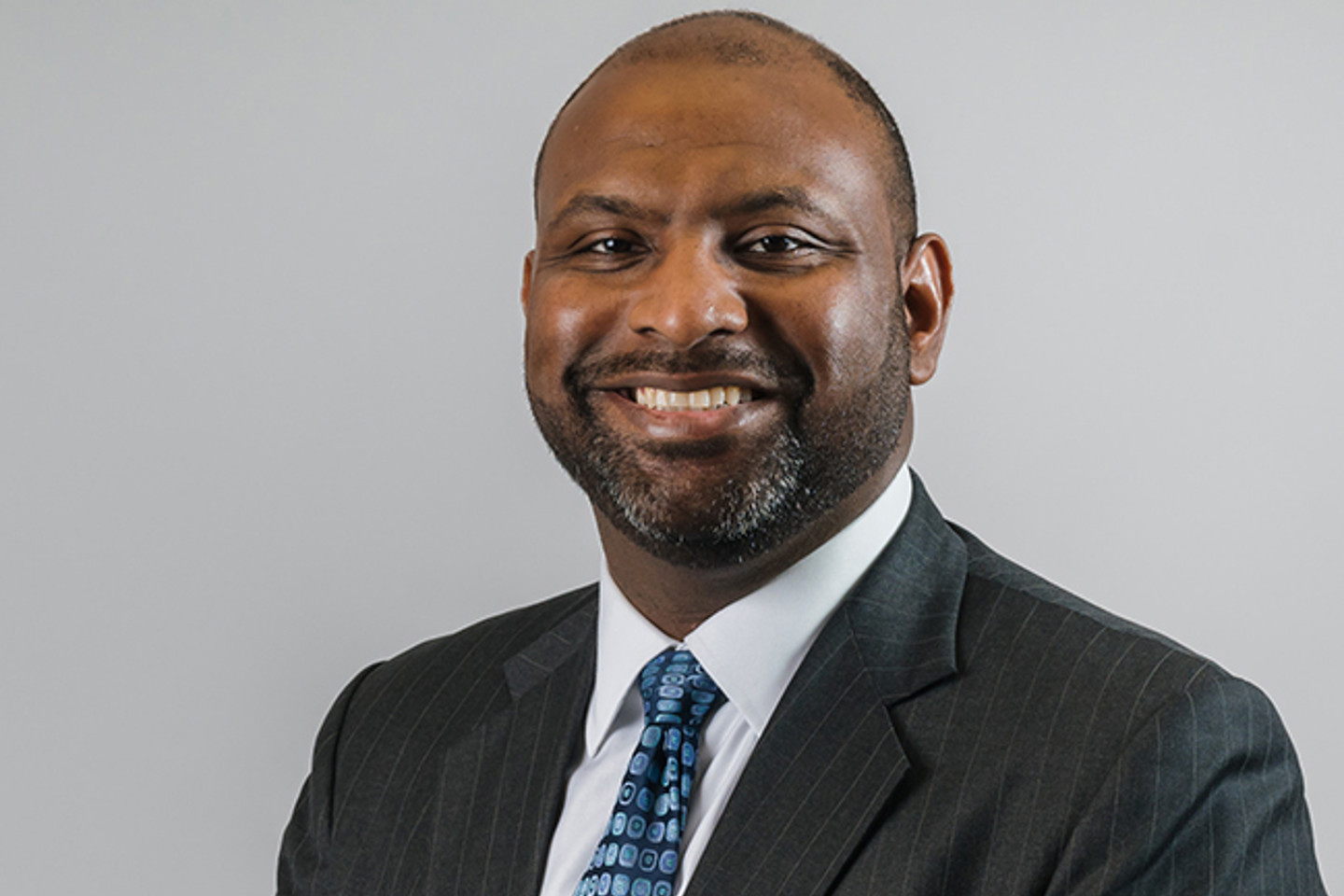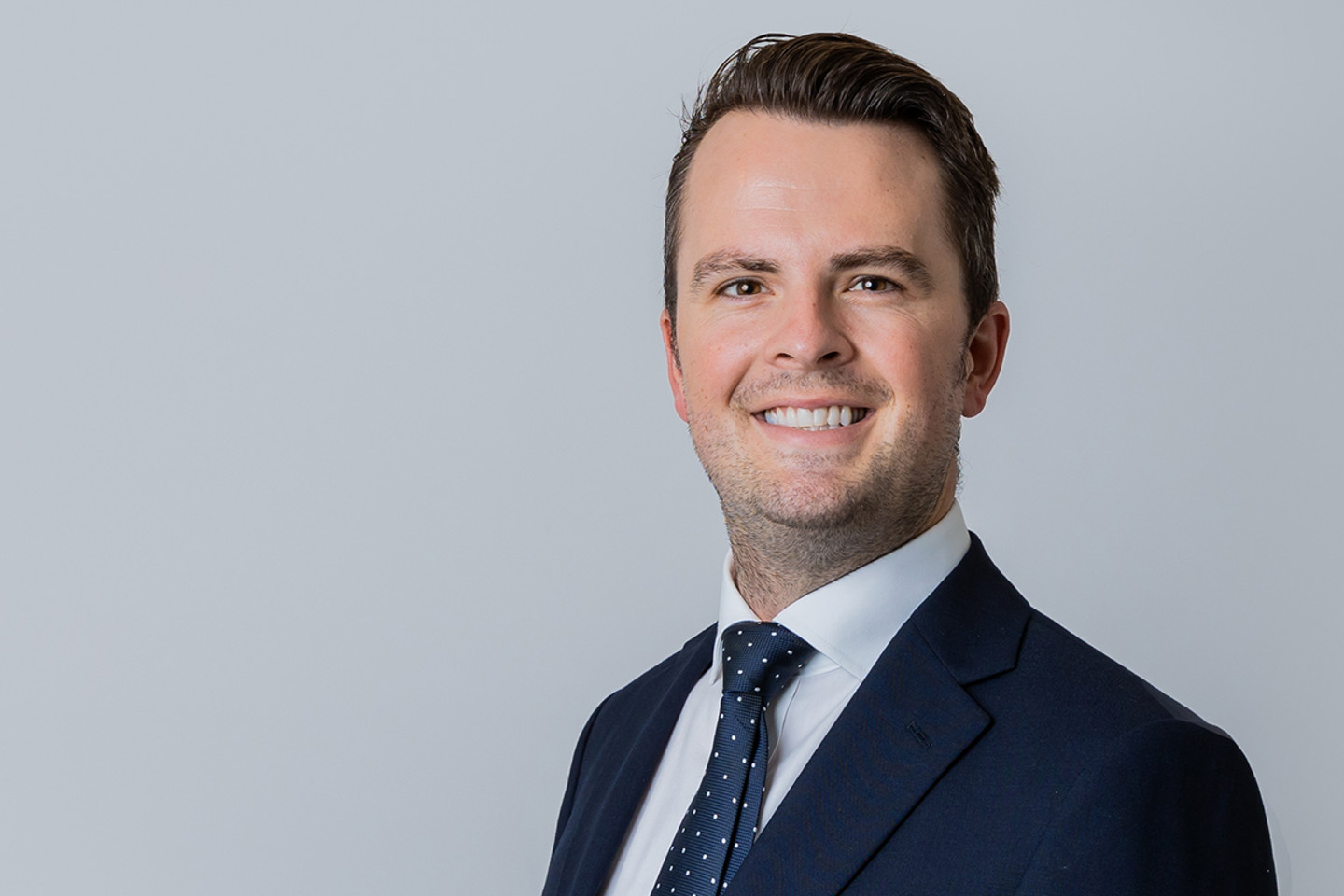
Christopher Levers
Partner | Legal
Cayman Islands

Christopher Levers
Partner
Cayman Islands
Big things are happening at Ogier. Change is embedded in everything we do. It is redefining our talent, our ways of working, our platforms of delivery, our culture.
Services
We have the expertise to handle the most demanding transactions. Our commercial understanding and experience of working with leading financial institutions, professional advisers and regulatory bodies means we add real value to clients’ businesses.
Sectors
Our sector approach relies on smart collaboration between teams who have a deep understanding of related businesses and industry dynamics. The specific combination of our highly informed experts helps our clients to see around corners.
We have the expertise to handle the most demanding transactions. Our commercial understanding and experience of working with leading financial institutions, professional advisers and regulatory bodies means we add real value to clients’ businesses.
Legal
Corporate and Fiduciary
Consulting
Banking and Finance
Corporate
Dispute Resolution
Employment law
Intellectual Property
Investment Funds
Listing services
Local Legal Services
Private Wealth
Property law
Regulatory
Restructuring and Insolvency
Tax
Banking and Finance overview
Asset Finance
CAYLUX Fund Finance
Debt Capital Markets
Derivatives
Fund Finance
Islamic Finance
Leveraged Finance
Listing services
Real Estate Finance
Regulatory
Restructuring and Insolvency
Structured Finance
Sustainable Finance
Corporate overview
Economic Substance
EIIS Services in Ireland
Equity Capital Markets
Insurance and Reinsurance
Listing services
Mergers and Acquisitions
Private Equity
Real Estate Structuring, Acquisitions and Disposals
Regulatory
Technology and Web3
Dispute Resolution overview
Banking Disputes
Corporate and Financial Services Disputes
Crypto Disputes
Enforcement of Judgments and Awards
Fraud and Asset Tracing
Funds Disputes
Insurance Disputes
International Arbitration
Regulatory
Restructuring and Insolvency
Section 238 Shareholder Appraisal Rights
Shareholder and Valuation Disputes
Trusts Disputes and Applications
Investment Funds overview
Hedge Funds
Managers and Sponsors
Private Equity
Real Estate, Infrastructure and Energy Funds
Regulatory
Sustainable Investing and Impact Funds
Technology and Web3
Local Legal Services overview
Cayman Local Legal Services
Channel Islands Local Legal Services
Ireland Local Legal Services
Employment law
Estate Planning, Wills and Probate
Expat services
Family Office
Intellectual Property
Make your Guernsey will online
Make your Jersey lasting power of attorney online
Make your Jersey will online
Notary public services
Relocating your business
Relocating your family
Property law
Accounting and Financial Reporting Services - Ogier Global
Cayman Islands AML/CFT training - Ogier Global
Corporate Services - Ogier Global
Debt Capital Markets - Ogier Global
Fund Services - Ogier Global
Governance Services - Ogier Global
Investor Services - Ogier Global
Ogier Connect - Ogier Global
Private Wealth Services - Ogier Global
Real Estate Services - Ogier Global
Regulatory and Compliance Services - Ogier Global
Our sector approach relies on smart collaboration between teams who have a deep understanding of related businesses and industry dynamics. The specific combination of our highly informed experts helps our clients to see around corners.
Ogier provides practical advice on BVI, Cayman Islands, Guernsey, Irish, Jersey and Luxembourg law through our global network of offices across the Asian, Caribbean and European timezones. Ogier is the only firm to advise on this unique combination of laws.
Keep up to date with industry insights, analysis and reviews. Find out about the work of our expert teams and subscribe to receive our newsletters straight to your inbox.
Fresh thinking, sharper opinion.
We get straight to the point, managing complexity to get to the essentials. Our global network of offices covers every time zone.
No Content Set
Exception:
Website.Models.ViewModels.Components.General.Banners.BannerComponentVm
Insight
26 November 2021
Cayman Islands
The United Kingdom's Supreme Court has recently delivered helpful guidance on the principles to be applied when dealing with attribution of knowledge between a company and its wrongdoing directors; particularly in the context of breaches of duty by directors in exploiting corporate opportunities belonging to the company to receive secret profits.
It is well settled that, where an agent makes a secret profit by virtue of a principal-agent relationship, the profit is automatically held on constructive trust for the principal. In the corporate context, a director who has breached a fiduciary duty, and received secret profit, will hold that profit on constructive trust for the company.
However, the question before the Supreme Court was whether directors are able to deny a company's proprietary claim to the secret profits on the basis that their unlawful conduct should be attributed to the company in circumstances where the company did not suffer loss but would instead stand to receive a windfall. In other words, would it be appropriate for a company to profit from its directors' illegality while denying attribution of that illegality?
The Supreme Court reaffirmed the well-known principles set out in Jetivia SA v Bilta [2015] UKSC 23 (and applied in Singularis Holdings Ltd (in liquidation) v Daiwa Capital Markets Europe Ltd [2019] UKSC 50) that a director who profited from his own breach of duty cannot attribute his knowledge to a company and rely on an illegality defence, even where the company was involved in the fraud or illegality arising from the director's breach of fiduciary duty.
It went on to find that, properly applied, there was nothing in Bilta to suggest that it would be appropriate to create an exception to the normal rule simply because the company itself did not suffer a loss as a result of the director's breach. Bilta was concerned with ensuring that proper importance was accorded to the significance of the duties owed by directors.
If the orthodox application of the rules of attribution were to be disapplied in these circumstances, this rationale would be negated. In particular, the Supreme Court considered that the availability of a proprietary claim, through the imposition of a constructive trust, was critical in ensuring a directors' compliance with their duties and, without it, one of the guards against the temptation of self-interest would be lost.
Accordingly, the Supreme Court considered that the directors' illegality should not be attributed to the company such that the directors held the secret profits on constructive trust for it.
The decision is particularly relevant to Cayman Islands insolvency, fraud and asset recovery practitioners who regularly consider the availability of claims against current and former directors who have profited from a breach of their duties through fraud or otherwise. It should also serve as a useful warning to directors about the importance of adhering to their fiduciary duties, given the proprietary nature of the relief potentially available to an applicant company.
Crown Prosecution Service (Appellant) v Aquila Advisory Ltd (Respondent) [2021] UKSC 49

Christopher Levers
Partner | Legal
Cayman Islands

Christopher Levers
Partner
Cayman Islands
Contact Christopher
Back

Jordan Constable
Associate | Legal
Cayman Islands

Jordan Constable
Associate
Cayman Islands
Contact Jordan
Back
Ogier is a professional services firm with the knowledge and expertise to handle the most demanding and complex transactions and provide expert, efficient and cost-effective services to all our clients. We regularly win awards for the quality of our client service, our work and our people.
This client briefing has been prepared for clients and professional associates of Ogier. The information and expressions of opinion which it contains are not intended to be a comprehensive study or to provide legal advice and should not be treated as a substitute for specific advice concerning individual situations.
Regulatory information can be found under Legal Notice
Sign up to receive updates and newsletters from us.
Sign up
No Content Set
Exception:
Website.Models.ViewModels.Blocks.SiteBlocks.CookiePolicySiteBlockVm
